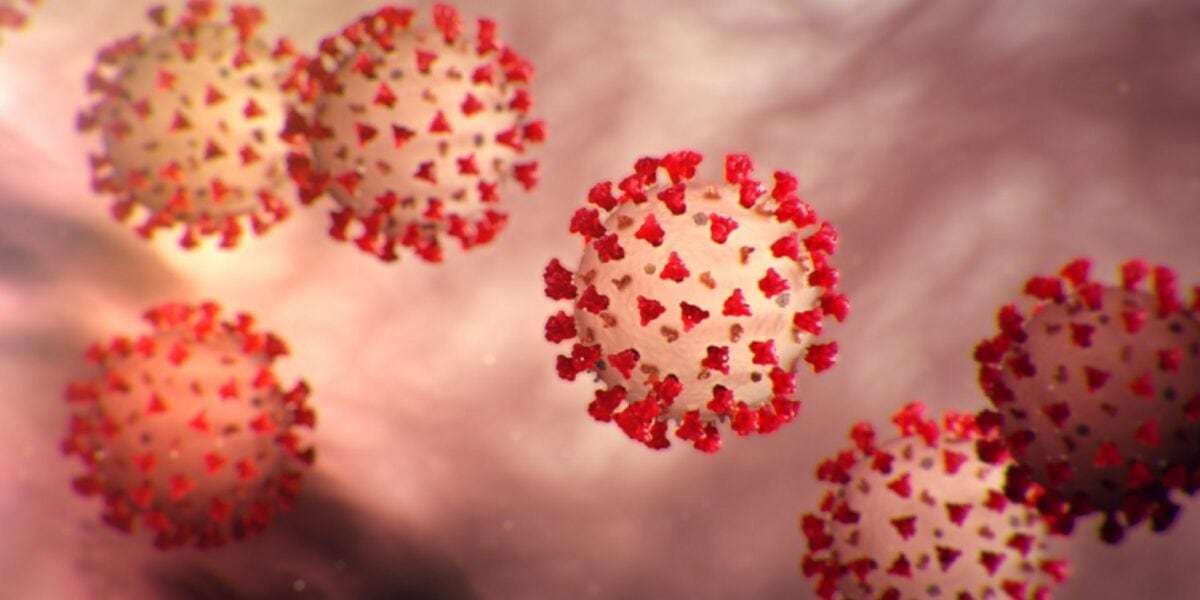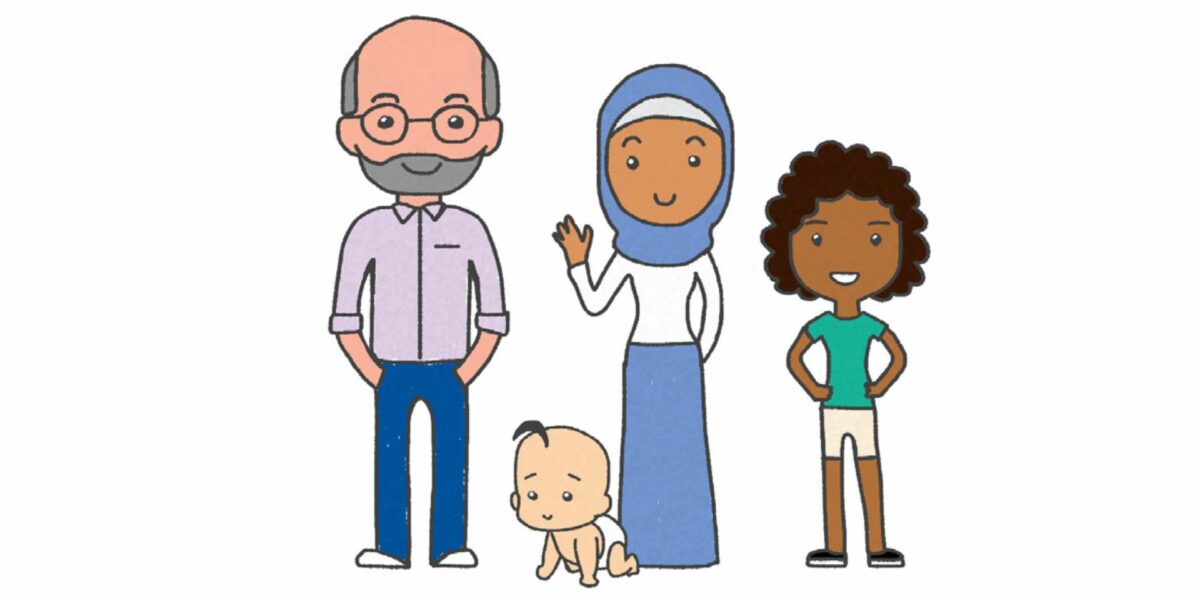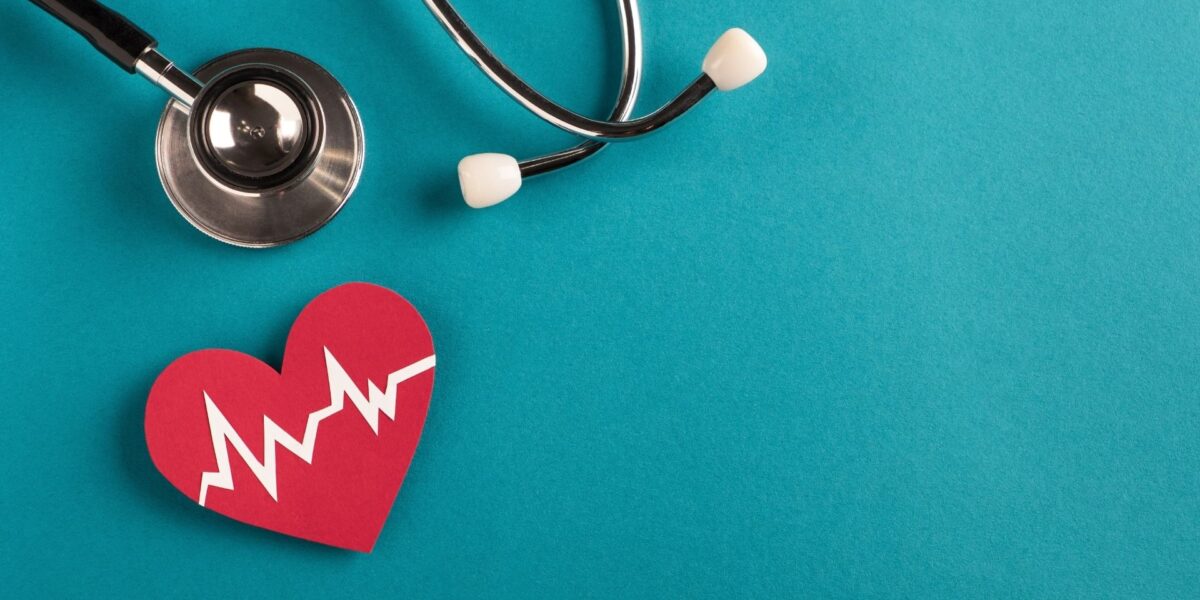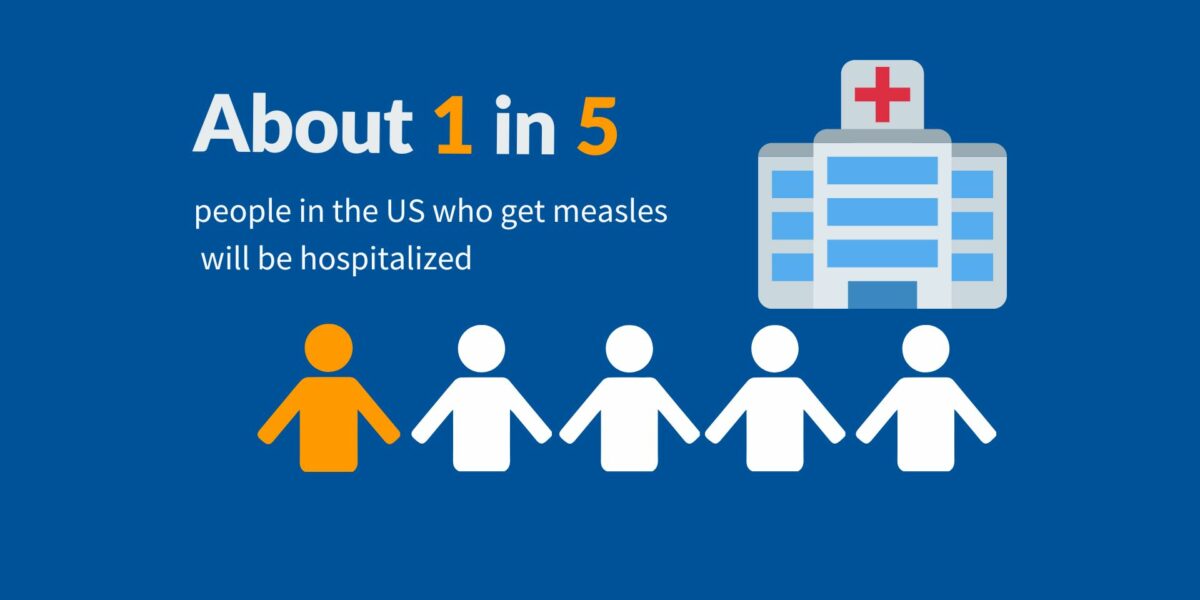Frequently Asked Questions about COVID-19
COVID-19 is a contagious disease caused by the SARS-CoV-2 virus. Most people with COVID-19 have mild symptoms, but some may become severely ill.
Vaccination
Updated October 2025
Sources: American Academy of Pediatrics, American College of Obstetricians and Gynecologists, Infectious Diseases Society of America, Centers for Disease Control and Prevention, Food and Drug Administration
Related Resources
What Is Long COVID?
Long COVID includes a range of long-term health issues that can occur in people who have been infected with the virus that causes COVID-19
What Is A Monoclonal Antibody?
Animated video on monoclonal antibodies—what they are, how they work, and their applications for COVID-19 and RSV






